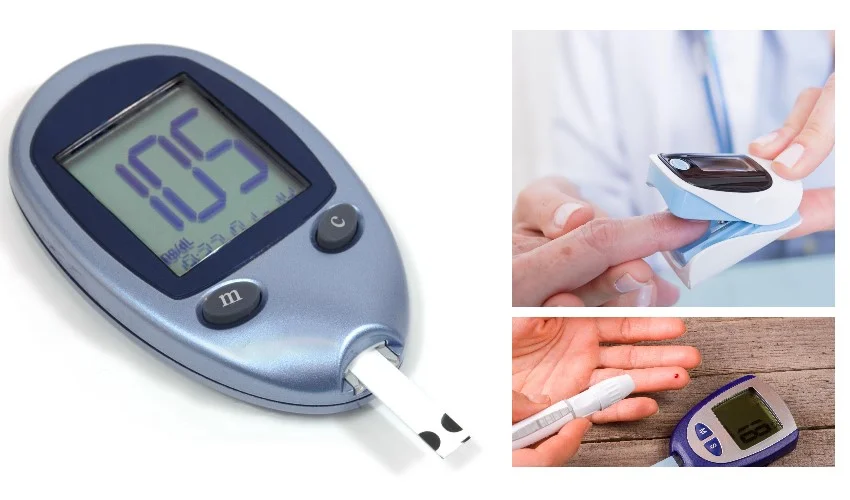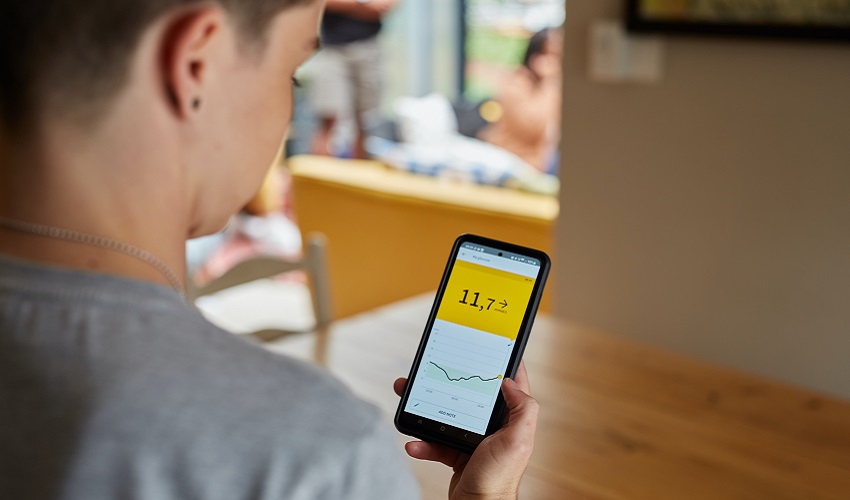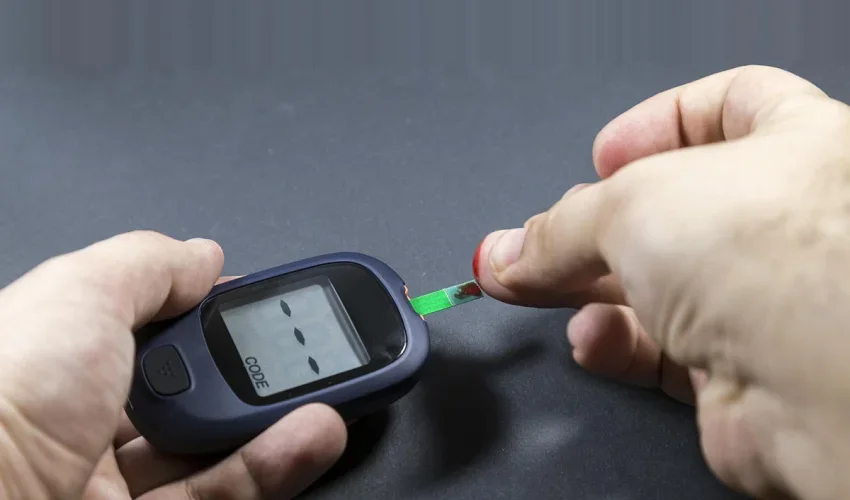Living with diabetes can present various challenges, both physical and emotional, for individuals and their caregivers. The management of diabetes often involves monitoring blood sugar levels, adhering to dietary restrictions, engaging in physical activity, and taking medications. These responsibilities can sometimes affect an individual’s self-image and body positivity. This article aims to explore the importance of promoting body positivity and self-image for individuals with diabetes, providing educational and informational content to enhance their quality of life.
Understanding Body Positivity and Self-Image
Body positivity is a concept that encourages the acceptance and appreciation of one’s body, regardless of its shape, size, or appearance. It promotes self-acceptance and self-worth, leading to improved overall well-being. For individuals with diabetes, body positivity becomes particularly important due to the impact the condition can have on self-image.
The Impact of Diabetes on Self-Image
Managing diabetes can result in changes in body weight, shape, and appearance, which may affect an individual’s self-image. Fluctuations in weight, visible signs of injections or pumps, and scars can contribute to negative body image and reduced self-esteem. Moreover, the social stigma surrounding diabetes can further influence self-perception and body image. It is important to recognize these challenges and provide support to individuals in managing their self-image in the context of diabetes.
The Importance of Body Positivity for Diabetes Management
Promoting body positivity has a significant impact on the overall well-being of individuals with diabetes. By fostering a positive body image, psychological well-being is enhanced, reducing stress, anxiety, and depression often associated with diabetes. Moreover, body positivity plays a vital role in fostering self-care behaviors and adherence to diabetes management. Individuals with a positive body image are more likely to engage in regular physical activity, follow dietary guidelines, and effectively monitor their blood sugar levels.
Strategies for Promoting Body Positivity
Education and Awareness
Educating individuals and caregivers about the impact of diabetes on body image is crucial. By providing accurate information, misconceptions can be dispelled, stigma can be reduced, and empathy can be encouraged. Understanding the physical and emotional challenges associated with diabetes can help individuals develop a more positive attitude towards their bodies. Education can be provided through various channels, including healthcare professionals, online resources, and support groups.
Supportive Healthcare Environment
Healthcare professionals have a crucial role to play in creating a supportive environment that fosters body positivity. By encouraging open communication and addressing concerns related to body image, individuals with diabetes can feel understood and supported. Healthcare providers should strive to create an atmosphere of trust and respect, where individuals can openly discuss their body image concerns. This can be achieved through active listening, empathy, and providing appropriate resources and referrals.
Peer Support and Counseling
Peer support groups and counseling services can provide a safe space for individuals to share their experiences and feelings. Connecting with others who have similar experiences can foster a sense of belonging and promote body positivity. It allows individuals to realize that they are not alone in their struggles and provides an opportunity to learn coping strategies from others. Peer support can be facilitated through local diabetes support groups, online forums, and social media platforms.
Emphasizing Health over Appearance
Shifting the focus from appearance to overall health is essential for promoting body positivity. By highlighting the importance of managing diabetes effectively and achieving optimal health outcomes, individuals can be empowered to prioritize self-care. Emphasizing the positive impact that healthy behaviors have on overall well-being can help individuals develop a more positive and balanced perspective towards their bodies. This can be achieved through educational campaigns, motivational messages, and role modeling.
Empowering Self-Care and Self-Image
Physical Activity and Exercise
Engaging in physical activity tailored to individual capabilities can improve both physical and mental well-being. By encouraging individuals to find activities they enjoy and that suit their preferences and abilities, a positive relationship with their bodies can be fostered. Exercise not only helps in managing diabetes but also promotes body positivity by promoting a sense of strength and capability. Healthcare providers can provide guidance on suitable physical activities and help individuals set realistic goals.
Healthy Eating Habits
Encouraging a balanced and nutritious diet, rather than restrictive eating patterns, is essential for promoting body positivity. Emphasizing the benefits of wholesome foods for diabetes management and overall health can help individuals develop a positive relationship with food and their bodies. Understanding that nourishing the body is an act of self-care can contribute to a more positive self-image. Healthcare professionals, registered dietitians, and diabetes educators can provide guidance on meal planning, portion control, and making healthy food choices.
Stress Management and Emotional Well-being
Stress can have a significant impact on both diabetes management and self-image. Promoting stress management techniques, such as mindfulness, meditation, and counseling, can improve emotional well-being and body positivity. By addressing stress and developing healthy coping mechanisms, individuals can enhance their overall quality of life and their perception of their bodies. Stress management strategies can be learned through workshops, therapy sessions, and self-help resources.
Promoting body positivity and self-image is vital for enhancing the quality of life of individuals with diabetes. By fostering acceptance, providing education, and creating supportive environments, we can empower individuals to embrace their bodies and manage diabetes effectively. Encouraging a positive self-image can lead to improved psychological well-being, adherence to diabetes management, and overall health outcomes. Together, let’s work towards promoting body positivity and supporting individuals with diabetes in their journey towards a healthy and fulfilling life.




